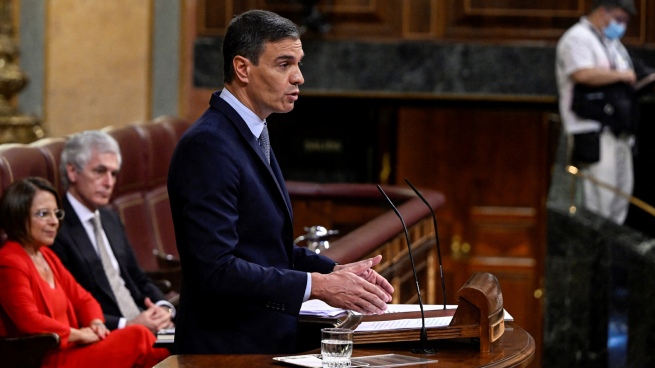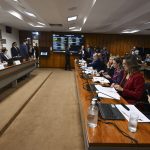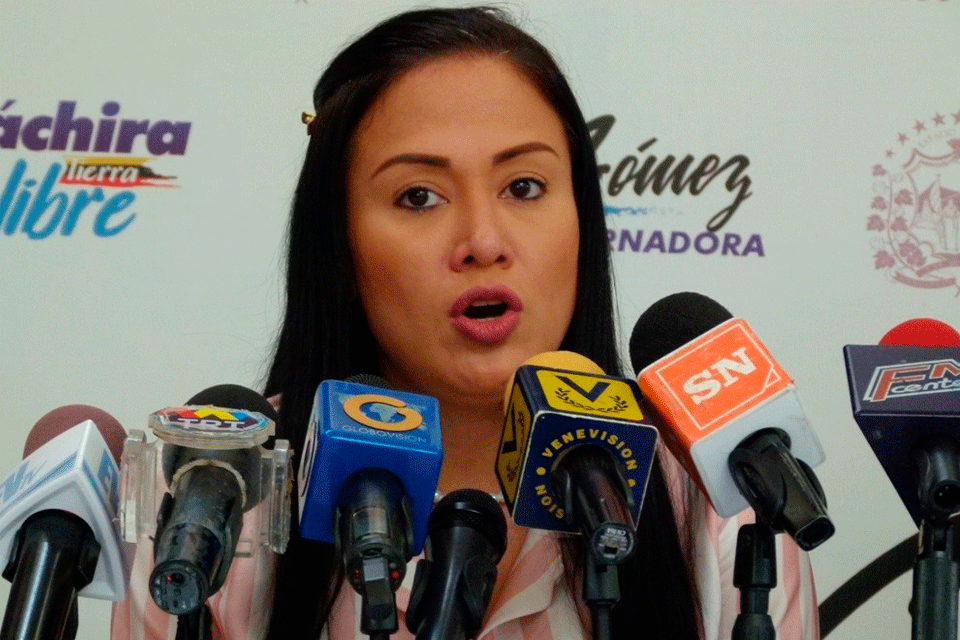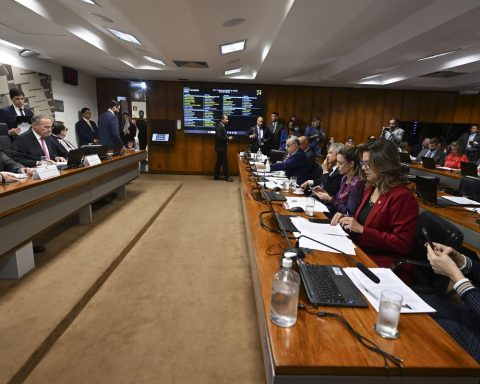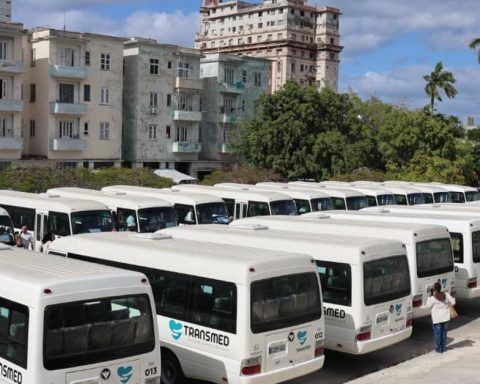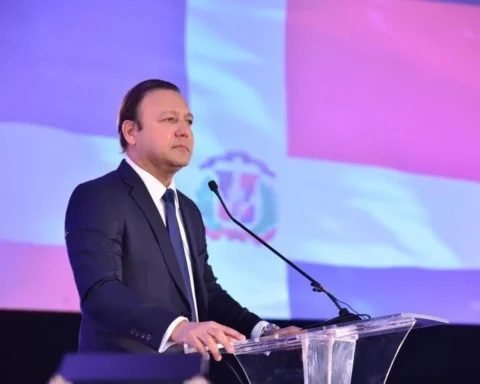The President of the Spanish Government, Pedro Sánchez, launched this Tuesday a battery of measures that include two new temporary taxes on extraordinary profits of financial and energy companies, aimed at mitigating the impact on public finances of the global economic crisis caused by the war in Ukraine, on the first day of the state of the nation debate.
“This government is not going to tolerate that there are companies that take advantage of the crisis to amass wealth”, guaranteed the president, detailing before the Congress of Deputies a series of measures that seek to protect the purchasing power of the Spanish undermined by inflation.
“I know that it’s getting harder and harder to make ends meet. I understand everyone’s anguish, frustration and anger because it’s also mine,” said Sánchez, who stressed the need to “adopt energy-saving measures,” such as using except heating and air conditioning.
“We can do it and we are going to do it,” he assured during the great examination of the Government, which had not been held for seven years, will last until Thursday and is the first that Sánchez faces as President of the Executive.
In relation to the new taxes, he explained that the one that affects the dominant groups in the electricity, gas and oil sectors will be in force during 2023, and seeks to collect 2,000 million euros a year of the extraordinary profits of these companies in 2022 and 2023.
The war will force us to promote energy independence, renewables, self-consumption and energy saving. It will be necessary to promote actions such as promoting teleworking or public transport. Acts with which to defend our values and way of life when they are attacked. pic.twitter.com/dumYt93uIg
– Pedro Sánchez (@sanchezcastejon) July 12, 2022
He also announced a new tax aimed at “the large financial entities that have already begun to benefit from the rise in interest rates,” the Europa Press news agency reported.
This rate, he explained, will last for two years and will seek to raise 1,500 million euros each year.
This exceptional tax had been advanced in June by Sánchez, although at that time he did not detail the amount or duration of the fiscal measure.
Parliamentarians from the opposition Popular Party (PP) reacted immediately against the announcements: “Santa Claus Sánchez announces thousands of gifts. Hold your pockets, we are all going to pay for that!”“, the president of the PP of Navarra and deputy for Madrid wrote on Twitter, Anne Beltran, a message forwarded by other party leaders.
Debate on the state of the nation:
Santa Claus Sánchez announces thousands of gifts.
Hold your pockets, we’re all going to pay for that!! pic.twitter.com/QdDYNwCodF– Ana Beltrán (@abeltran_ana) July 12, 2022
Several European countries announced in recent months exceptional levies on inflation-driven corporate profits, particularly energy groups, which posted very high profits last year.
United Kingdom, for example, it established an exceptional tax of 25% on the profits of energy giants, to help the most disadvantaged households.
Italy, For its part, it decided to tax an additional 25% on the profits of large companies in the energy sector.
Since last year, Madrid has adopted numerous measures to try to contain inflation, which reached 10.2% year-on-year in June, its highest level in 37 years.
These include fuel aid, reduction of VAT on electricity or a rise in pensions.
“Since prices started to rise in September last year, Spain had to mobilize nearly 30,000 million euros to support companies and their consumersthat is, 2.3% of the Gross Domestic Product,” said Sánchez.
On this day, one of the moments in which the Executive takes stock of the management and debate with the opposition, Sánchez also claimed responsibility for the controversial Democratic Memory Law, that establishes measures in favor of those who suffered persecution or violence during the civil war and the dictatorship, which has received strong criticism from the opposition and also from some socialist leaders, including former president Felipe González, for which he requested support.
“It allows us to recognize all the victims, condemn the coup, the subsequent dictatorship and claim our best heritage: the Transition, the Amnesty Law and the Constitution,” he argued.
In addition, he insisted on his commitment to achieve “coexistence” with the independentists in Catalonia.
Shortly before the meeting he will have on Friday with the president of CataloniaPere Aragonès, in Moncloa, assured that the Government will continue to work “with tenacity and dialogue for the reunion between Catalans” and for “reducing the emotional gap that separates those Catalans who want to separate from Spain from the rest of their Spanish brothers”.
“There is no nobler task in politics than working for coexistence,” he added.

In another section of his speech, Sánchez criticized the decision of the Supreme Court of the United States to revoke the constitutional right to abortion and he said that this accounts for “the breadth and depth of the reactionary movement that is sweeping the world.”
“Spain is not immune to this threat, many of the gains in rights and freedoms, such as the euthanasia law or the voluntary interruption of pregnancy law, are appealed to the Constitutional Court by those who have always voted against these advances”, warned.
For this reason, he stressed that his response will be to continue with his “agenda for advances in rights and freedoms.”
“We are going to defend democracy and civil and social gains,” he said.
Along these lines, he said that he hopes to achieve the “definitive abolition of prostitution” in Spain.
Congress approved on June 7 the consideration of a bill from the Spanish Socialist Party (PSOE) that proposes to abolish abortion.
The socialist formation carried out its proposal with the votes in favor of the PP and Podemos, but failed to convince the commons or its partners in Congress, who disagreed with the “punitivist” perspective of the law.
